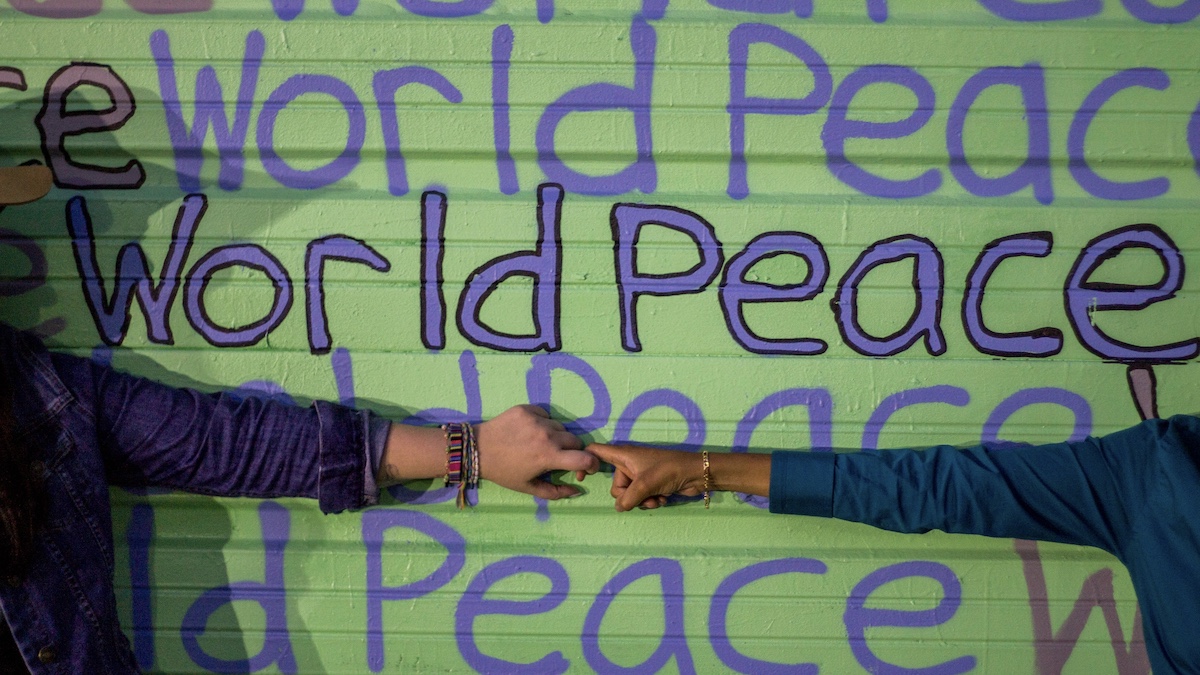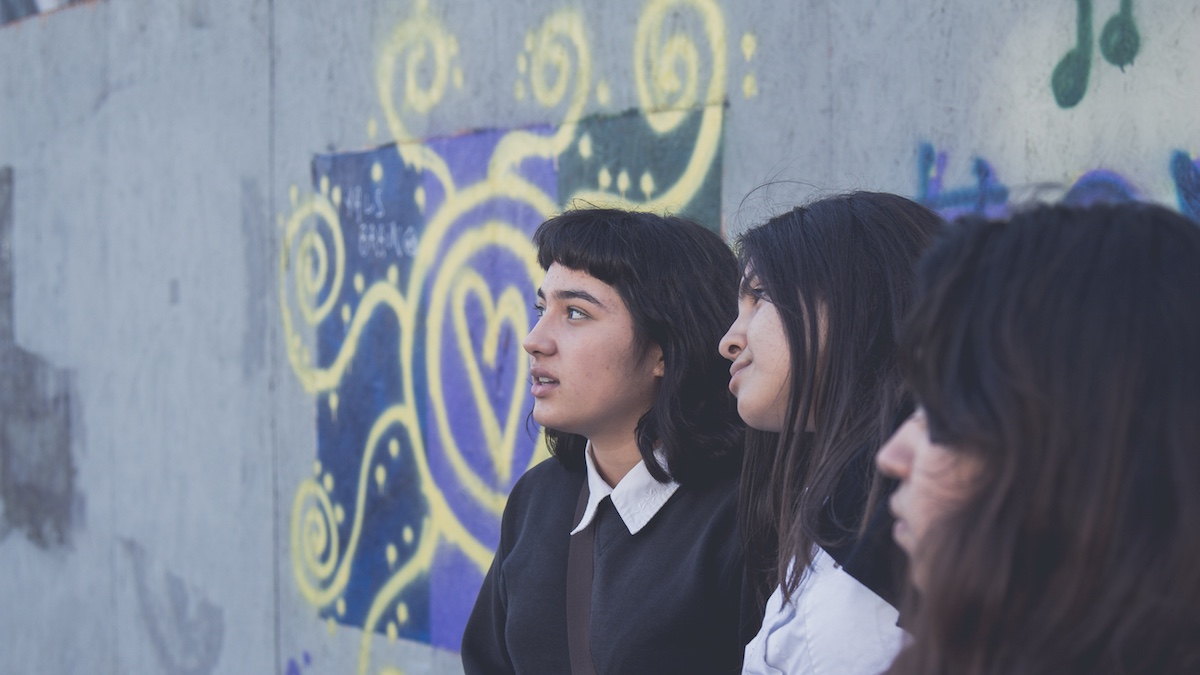by Israel “Izzy” Kalman, MS, Nationally Certified School Psychologist
So many stories about horrible damage caused by bullying go viral. It is so refreshing when a success story goes viral, showing how easy it is to stop being bullied. Numerous news outlets and bloggers have picked up the story of a 9-year-old-girl. She had been terribly bullied, and she put a stop to the problem with a simple sentence suggested to her by her mother: “I’m sorry, did you mean to be so rude?” The bystanders laughed, and the bully felt humiliated and has left her alone.
The girl didn’t need bystanders, school staff or anyone else to protect her from her bullies. All she needed was an adult to provide her with a simple solution. This girl’s happiness, resilience and popularity immediately zoomed up. She would never have achieved such a boost in self-esteem had she needed to rely on others to stand up for her.
The simple secret to stop being bullied has been known and taught by wise people from time immemorial. If bullying upsets you, the bullies have fun and keep on targeting you. If you don’t get upset, they have no fun and leave you alone.
The brilliant response, “Did you mean to be rude?” accomplishes the following: 1. It makes it clear that the insult didn’t upset the target. 2. It turns the tables on the insulter, making it clear that the flaw is with them and not with the target. 3. It puts the insulter in a logical bind. If the insulter admits to being intentionally rude, he/she loses. If the insulter denies being intentionally rude, he/she also loses.
There are countless one-sentence solutions to bullying, and many can be found in books and the internet. What all the responses have in common is that they make it clear that the target is not upset. Because these responses are so easy and effective, even young children or those with limitations or disabilities can be taught to use them.
You may think that the situations referred to here are verbal and therefore not serious. But it’s important to realize that most bullying is verbal and can make a person absolutely miserable. And even most physical attacks begin with words. So if kids can make insults stop, most physical bullying is also prevented. If the solution to bullying is so simple, why is bullying considered such a huge problem after almost two decades of “anti-bullying” efforts? It’s because the academic psychologists who have established the orthodox approach to bullying that has been mandated throughout the world think like political activists, rather than scientists. As leading psychology professors like Jonathan Haidt and Jordan Peterson have been insisting in recent years, academic psychology has been taken over by political correctness, and political correctness is dogma, not science.
In the political correctness worldview, the worst thing one can do is “blame a victim.” Academic psychologists believe that placing responsibility on victims for solving their problems is tantamount to victim-blaming. So instead, they place responsibility on everyone except the victim: Student bystanders, school staff, parents, police, firefighters, politicians, celebrities – must all be involved in protecting victims and combatting bullies.
But as long as the solution to bullying is determined to lie with everyone but the targets of bullying, bullying will continue to be an epidemic.
Fortunately, Be Strong is at the forefront of the resilience approach to bullying, which involves teaching individuals how to handle bullying on their own. When kids know how not to be victims, no one can bully them.
For a demonstration of what causes bullying to continue and how easy it is to make it stop, watch the following video clip: https://www.youtube.com/watch?v=c_JVojbfNV0






